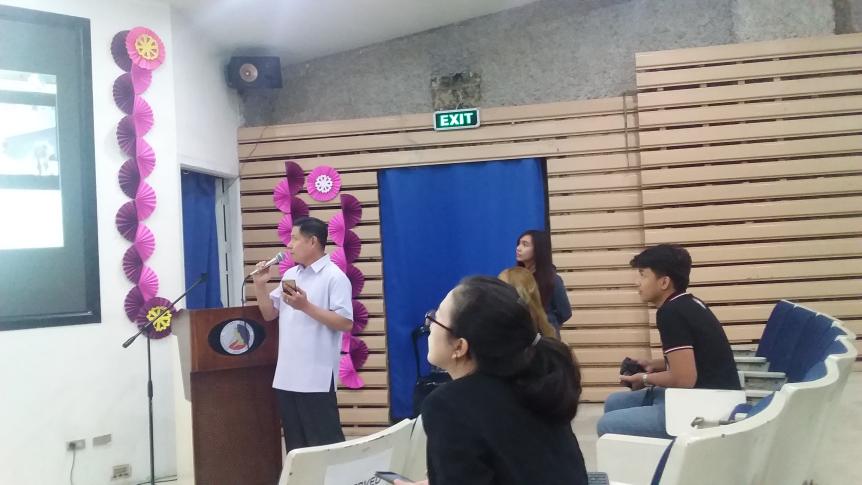
I did not fly to Vanuatu for the 2018 Asia Pacific Regional Internet Governance Forum (APrIGF). But still, I participated in this year's APrIGF, albeit remotely.
My organisation, the Foundation for Media Alternatives (FMA), together with the Internet Society (ISOC) Philippines Chapter and our Department of Information and Communications Technology (DICT), set up a remote hub for those who are interested in learning more about internet governance and other related issues in the Asia Pacific region. The DICT was the venue for the first two days of the remote hub, while FMA provided the venue on the last day.
Vanuatu is three hours ahead of the Philippines. As such, we were able to follow only the last two sessions each day. Daily, we would agree on which sessions to follow, after which there would be a synthesis and a discussion to relate the topics of the day with similar issues and concerns in our own context.
On day one, we followed the session on Sharing of Best Practices of National and Regional Initiatives in the Asia Pacific region, where participants shared their experiences organising local and national IGFs. This was useful to us because in the next 10 months, we are planning to hold four internet governance roadshows that hopefully will lead to the first Philippine IGF.
We followed the discussion on community networks and realised their importance, especially in connecting the last mile and at a lower cost. Unfortunately, the current environment in the Philippines is not conducive to the establishment of community networks, because all network providers are required to secure a congressional franchise. However, as the speaker from the DICT at the panel said, the Philippines is working on maximising the use of TV white space and is putting up public Wi-Fi in several areas of the country to connect more people.
On day two, we followed the session on cross-border data flows, as this is relevant to current trade agreements. In the afternoon, we joined the session on youth participation because we had IT students from a local college join our remote hub. The dean of that college was also a remote presenter in that panel.
The session on internet restrictions gave us a better understanding of internet shutdowns, especially in South Asia, and how they are being mitigated. We also stayed on to listen to the closing plenary, where APrIGF fellows summarised the thematic issues discussed in the three-day event.
All in all, the remote hub gave a peek and a feel, especially to those who have not yet participated in IGFs, of the process and the issues that are being shared and discussed. We learned from the session speakers lessons that we can apply to our own local situation. We were not in Vanuatu, but the vicarious experience hopefully can help fuel the enthusiasm, especially among the young people present in our remote hub, to learn more about internet governance, and to have our own local IGF soon.
Image source: FMA